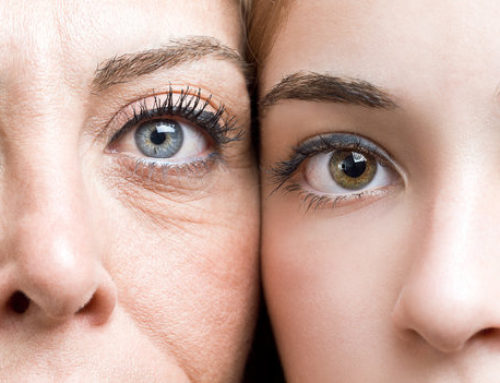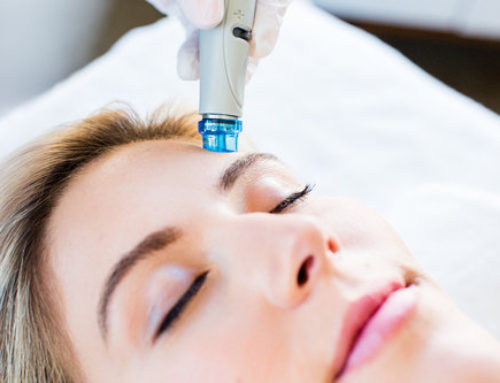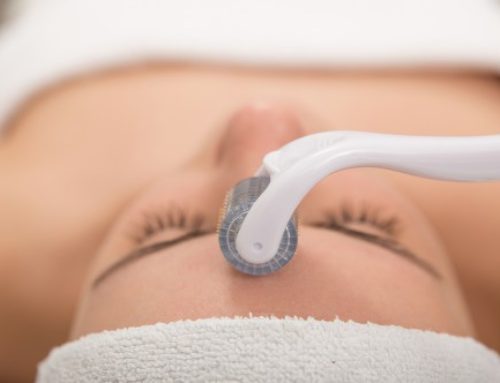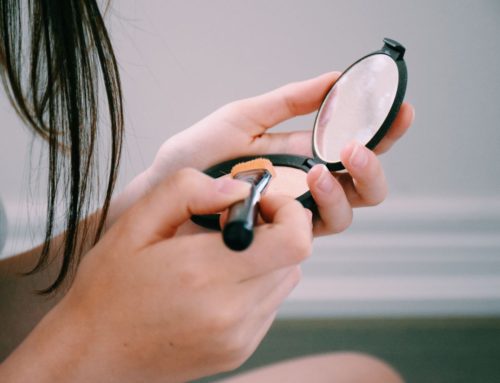From Yahoo Lifestyle, March 13, 2018
Monat Global products are supposed to do a lot for hair: rejuvenate, replenish, hydrate, and everything else we want for our tresses, with “naturally-based, safe, pure and sustainable” ingredients. But some women say the products have done quite the opposite, claiming they cause hair loss and scalp sores.
In a market where neither cosmetics companies’ claims nor customers’ social media missions are regulated, how can the rest of us figure out who is telling the truth?
In February, two women in Florida filed a class-action lawsuit against Monat, accusing the company of failing to warn customers of possible adverse affects. Meanwhile, Monat has filed its own defamation suits against three women who have been posting warnings on Facebook about the products. One woman, Vickie Harrington, who organized a closed Facebook group in which she and others shared photos of their bald patches and irritated scalps, agreed to settle with Monat last week.
While the company doesn’t deny that some people might experience bad reactions to its product — which can happen with nearly any product — it characterizes these claims as a malicious attacks. In its defense, Monat has posted an entire website, TruthAboutMonat.com, that includes internal scientific studies about its trademarked active ingredients meant to promote hair growth and fullness, Capixyl, Procataline, and Crodasorb.
However, that’s not quite the proof of the products’ effectiveness or safety, as Marie Jhin, a dermatologist and director of Premier Dermatology in San Francisco, explains to Yahoo Lifestyle.
“Unless it’s FDA approved, you cannot say something is safe or not harmful,” Jhin says. Because these are cosmetics and not drugs, Monat’s studies don’t have to be reviewed by an outside body. Another possibility is that an inactive ingredient is causing a reaction, such as dermatitis, in some customers.
“It could be something else in their product that could be irritating,” Jhin explains. “It sounds like from all the lawsuits that something is causing the scalp to get very irritated, and by causing inflammation, some of the hairs are breaking.”
One inactive ingredient, cocamidopropyl betaine, which is derived from coconut oil, has been known to cause allergic reactions or irritation in some. But without having seen any of these women as patients, Jhin couldn’t speculate any further about what they may have experienced.
“This is my pet peeve: When something is organic and natural, you may still get an allergy or irritation,” Jhin says. “It doesn’t mean that you’re not going to have side effects.”
Monat’s selling model is an important factor in all of this. People buy these products based on the word of people they trust. That also means that if it fails, those individuals selling the product stand to lose a lot of money, a fact Monat emphasizes to counter these lawsuits.
“Unfortunately, we at Monat are being forced to use litigation to stop these defamatory attacks on our market partners and on our products,” Stuart MacMillan, president of Monat, tells Yahoo Lifestyle in a statement. “These attacks are aimed at damaging the livelihoods of thousands of market partners and their families who have safely and successfully served their customers across the United States and Canada. The real victims here are the market partners who are trying to do their best to make a living and make their lives better. To date, there has been no evidence of the attacks or the claims that are being made by the people who are trying to undermine the market partners and their business.”
The truth is beauty is still a buyer-beware business. The Personal Care Products Safety Act, which would require manufacturers to list all of their ingredients and provide safety information to the FDA, has been languishing in Congress for years now. As consumers, we can either buy what sounds right and test it out on ourselves, or we can consult a professional. In many cases, dermatologists can offer proven solutions for hair loss, as well as skin care.
“I have patients come in with bags full of products they spent thousands of dollars on, and a lot of it is marketing,” Jhin says. “It smells good, it looks good, it has a good website — [but] that’s not the way to pick products. Have someone who understands the skin, who can analyze your skin issues, your skin problems, and then go from there.”






